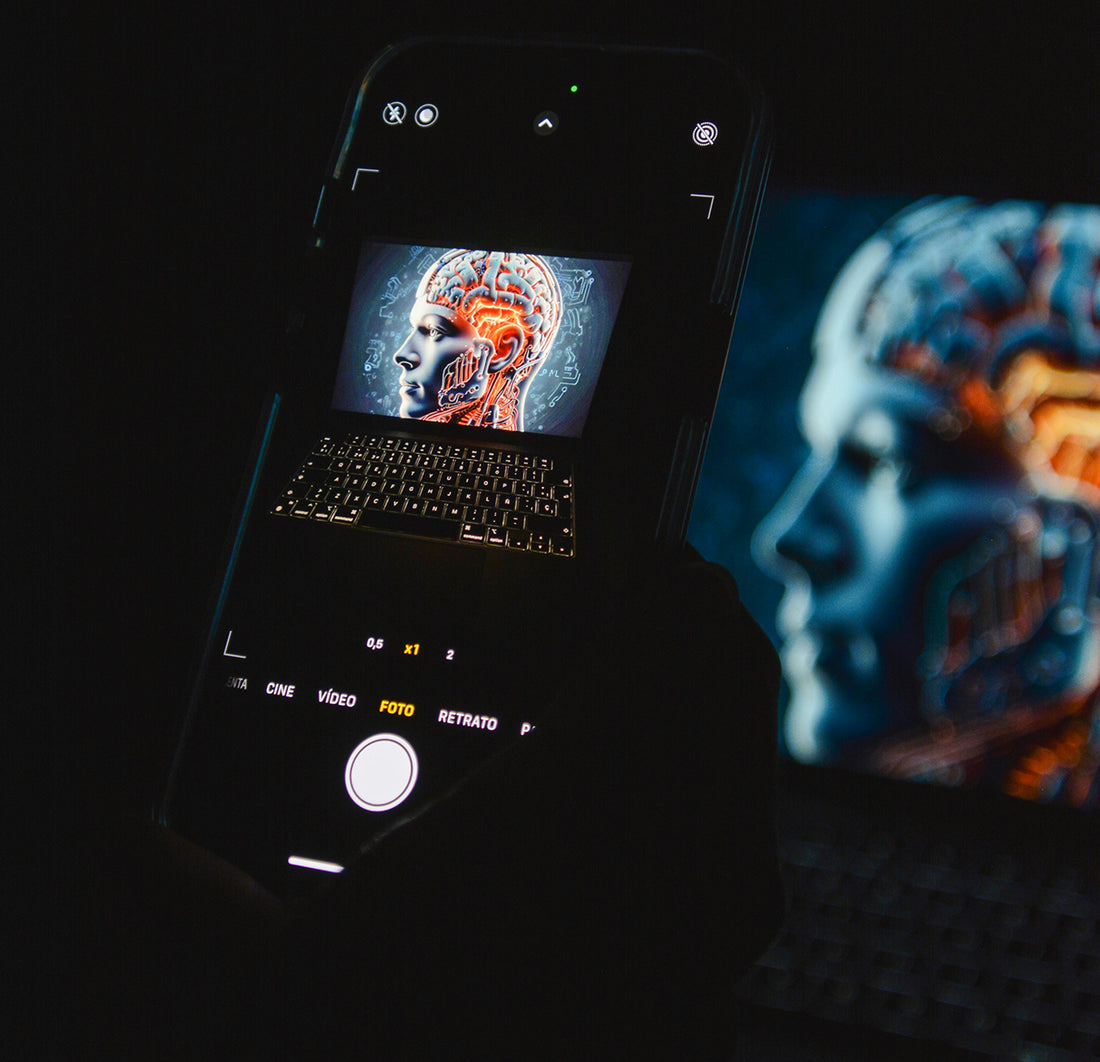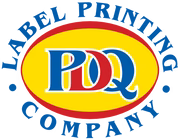
How Artificial Intelligence is Shaping the Future of the Label Industry
Share
The label industry, once reliant on manual design and production processes, has undergone a remarkable transformation thanks to artificial intelligence (AI). From automating design workflows to streamlining manufacturing and enhancing personalization, AI is revolutionizing every stage of label production. Here's a deep dive into how AI is reshaping this industry.
1. Automated Design and Creative Assistance
Traditionally, creating label designs required substantial time, effort, and collaboration between designers and clients. AI-powered design tools now enable businesses to generate creative, professional-quality labels in minutes.
- Generative AI: Platforms like DALL·E and MidJourney are empowering designers to create visual concepts based on simple text prompts, drastically cutting down the ideation phase.
- Smart Design Suggestions: AI algorithms analyze brand guidelines and industry trends to recommend color palettes, typography, and layouts that resonate with target audiences.
- Error Detection: AI tools identify inconsistencies or issues like improper spacing, low-resolution images, or incorrect font sizes, ensuring flawless designs before printing.
2. Streamlined Production Processes
AI is playing a pivotal role in improving manufacturing efficiency. Label production, which involves various complex stages, has become faster, more cost-effective, and less prone to human error.
- Predictive Maintenance: Machine learning models predict equipment failures before they occur, minimizing downtime and maintaining production schedules.
- Quality Control: AI-powered vision systems inspect labels for defects—such as misprints, alignment issues, or color mismatches—at speeds unattainable by human inspectors.
- Optimized Material Usage: AI analyzes production data to reduce material wastage, contributing to both cost savings and sustainability.
3. Personalization at Scale
Today’s consumers expect products tailored to their preferences, and AI makes it possible to create hyper-personalized labels at scale.
- Variable Data Printing (VDP): AI algorithms enable mass production of unique labels, customizing elements like names, colors, or designs for individual products.
- Consumer Insights: By analyzing purchasing patterns and demographic data, AI helps brands craft labels that appeal to specific market segments, boosting engagement and sales.
4. Enhancing Sustainability
Sustainability has become a cornerstone of modern industry practices, and AI is leading the charge in making label production more eco-friendly.
- Material Optimization: AI selects the most sustainable materials while maintaining quality and durability standards.
- Waste Reduction: Through predictive analytics and process optimization, manufacturers can minimize excess inventory and production scrap.
- Lifecycle Analysis: AI helps assess the environmental impact of labels, from raw materials to disposal, enabling brands to make greener choices.
5. Smarter Supply Chains
AI enhances the logistics surrounding label production, ensuring timely delivery and efficient resource management.
- Demand Forecasting: Machine learning predicts fluctuations in demand, helping businesses prepare for seasonal spikes or unexpected surges.
- Inventory Management: AI tracks material availability in real time, preventing bottlenecks and ensuring smooth production flows.
- Dynamic Pricing: Algorithms evaluate costs and market trends to recommend optimal pricing strategies for label production services.
6. Future Trends and Innovations
As AI technology continues to evolve, the label industry can look forward to even more groundbreaking advancements:
- AI-Powered Customization Apps: Enabling consumers to design their own labels through intuitive mobile interfaces.
- Real-Time Translation: AI tools could instantly translate label content into multiple languages for global markets.
- AR-Enhanced Labels: With AI, labels can integrate augmented reality (AR) features, providing interactive product information or immersive brand experiences.
AI is not just a tool for the label industry—it’s a transformative force that’s reshaping how businesses operate and how consumers interact with brands. By embracing AI, companies can create more compelling, sustainable, and efficient labels, staying ahead in a competitive marketplace. As technology progresses, the possibilities for innovation in the label industry are limitless.
The AI-driven revolution is here, and it’s only just beginning.



